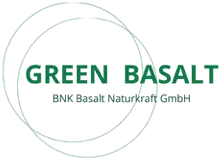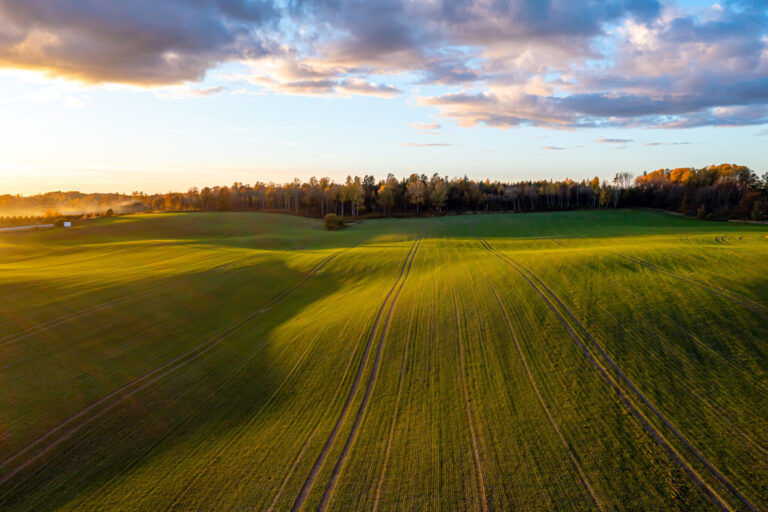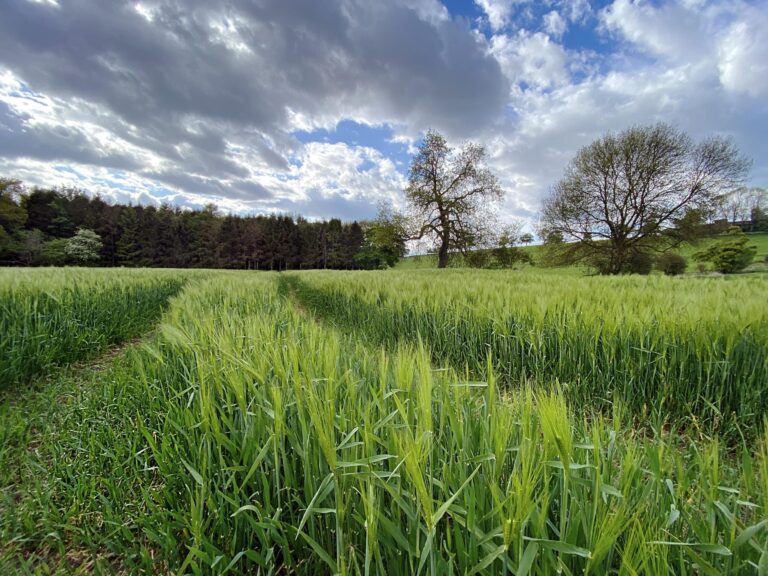Mineral Fertilizer – Effective Nutrient Supply for Healthy Plants and Soil
What is mineral fertilizer?
Mineral fertilizers (also known as inorganic fertilizers) are nutrient-rich products made from natural mineral deposits or produced synthetically through industrial processes. They supply plants with essential macronutrients, typically in concentrated, readily available forms:
Nitrogen (N) – promotes leafy growth
Phosphorus (P) – supports root development and flowering
Potassium (K) – enhances cell structure and drought resistance
Some formulations also include secondary nutrients and micronutrients, such as magnesium, sulfur, boron, zinc, and iron.
Key Advantages of Mineral Fertilizers
Fast nutrient availability – immediate absorption by plants
Precise nutrient composition – tailored to specific crop needs
High concentration – requires smaller application volumes
Predictable results – ideal for commercial agriculture and horticulture
Mineral vs. Organic Fertilizers – A Quick Comparison
| Aspect | Mineral Fertilizer | Organic Fertilizer |
|---|---|---|
| Origin | Industrial or mined minerals | Plant or animal matter |
| Nutrient release | Immediate | Slow, through decomposition |
| Impact on soil biology | Neutral or potentially negative | Supports microbial activity |
| Environmental risk | Leaching and overfertilization | Generally lower risk |
Pro Tip: The best results often come from a balanced approach, such as combining mineral fertilizers with rock dust like basalt flour to improve both nutrient availability and soil structure.
Natural Mineral Fertilizers – A Sustainable Choice
Not all mineral fertilizers are synthetic. There are also natural mineral fertilizers, which are particularly well-suited for sustainable and organic gardening:
Rock dust (e.g., basalt flour)
Dolomite lime
Phosphate rock
Kieserite (magnesium sulfate)
These options offer slow-release benefits while enriching the soil with trace elements and improving pH balance – all without harming the soil ecosystem.
Application Guidelines
Always conduct a soil test before applying mineral fertilizer
Apply nitrogen-based fertilizers only during active growth periods
Distribute evenly using a spreader or by hand, depending on the area
Water thoroughly after application to support nutrient absorption
Combine with compost or natural soil enhancers for improved performance
Conclusion
Mineral fertilizers are a powerful and precise solution for replenishing key nutrients in soils and promoting healthy plant development. While ideal for high-demand crops and professional use, they also fit well into sustainable gardening when used responsibly.
To maintain long-term soil fertility, consider complementing mineral fertilizers with natural amendments like basalt flour, which improve structure, enrich the soil microbiome, and reduce dependency on synthetic inputs.





